In Nigeria, like in many other countries, there are various types of available houses for sale to cater to different preferences, budgets, and lifestyle needs. Here are some common types of houses you might find in the Nigerian real estate market:
1. Detached Houses
Detached houses are standalone structures that are not connected to any other buildings. They typically offer more privacy and space compared to other types of houses. Detached houses in Nigeria can range from modest bungalows to luxurious mansions, depending on the location and amenities.
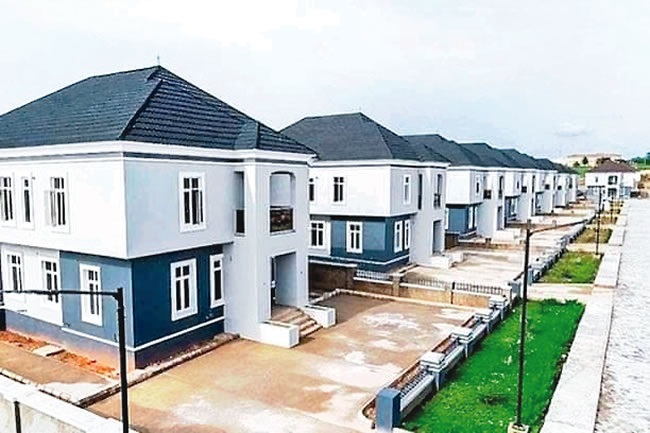
Detached Houses
2. Semi-Detached Houses
Semi-detached houses are properties that share a common wall with another house. Each unit typically has its own separate entrance and may have its own garden or yard space. Semi-detached houses are popular in urban areas like Lagos, Abuja and Port Harcourt. They offer a balance between privacy and affordability.
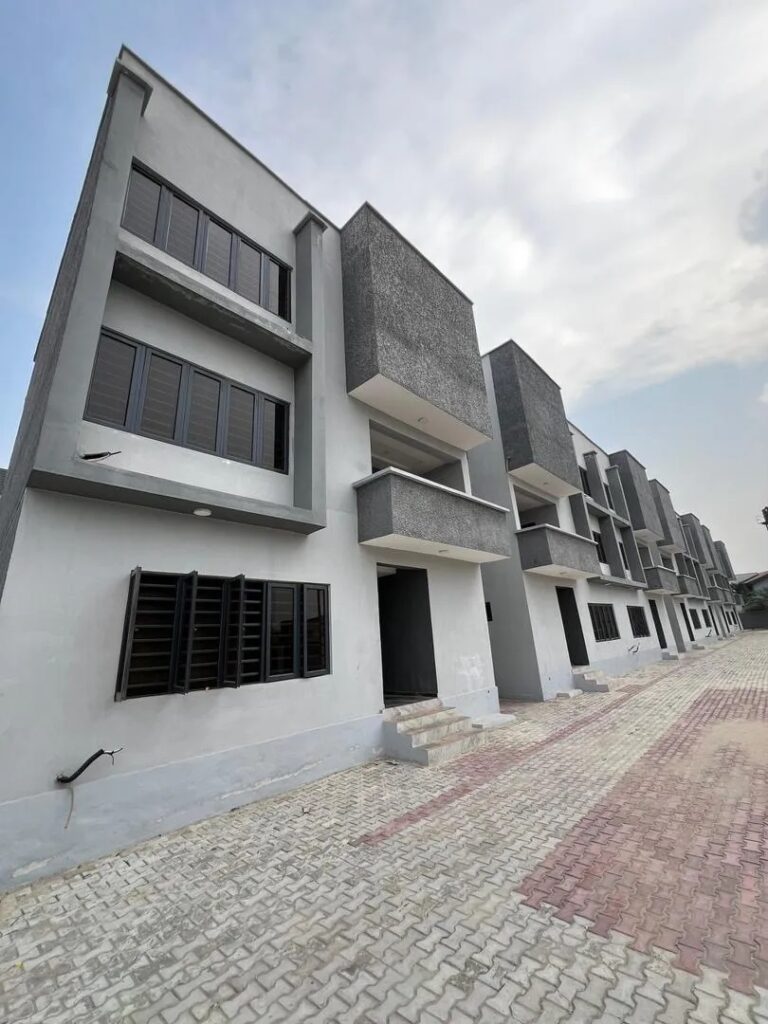
Semi-detached Houses
3. Terraced Houses
Terraced houses, also known as townhouses, are a series of houses joined together in a row. Each unit shares side walls with its neighboring houses and often has multiple floors, including a ground floor, upper floors, and sometimes a basement. Terraced houses are common in both urban and suburban areas and are popular among families and young professionals.
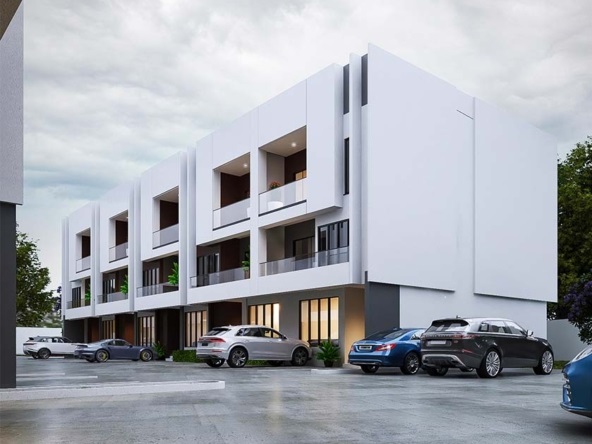
Terrace Houses
4. Duplexes
Duplexes are properties that consist of two separate units built on top of each other or side by side. Each unit typically has its own entrance, living space, and amenities, making it ideal for families or individuals who want the privacy of a standalone house but prefer shared ownership or rental income.
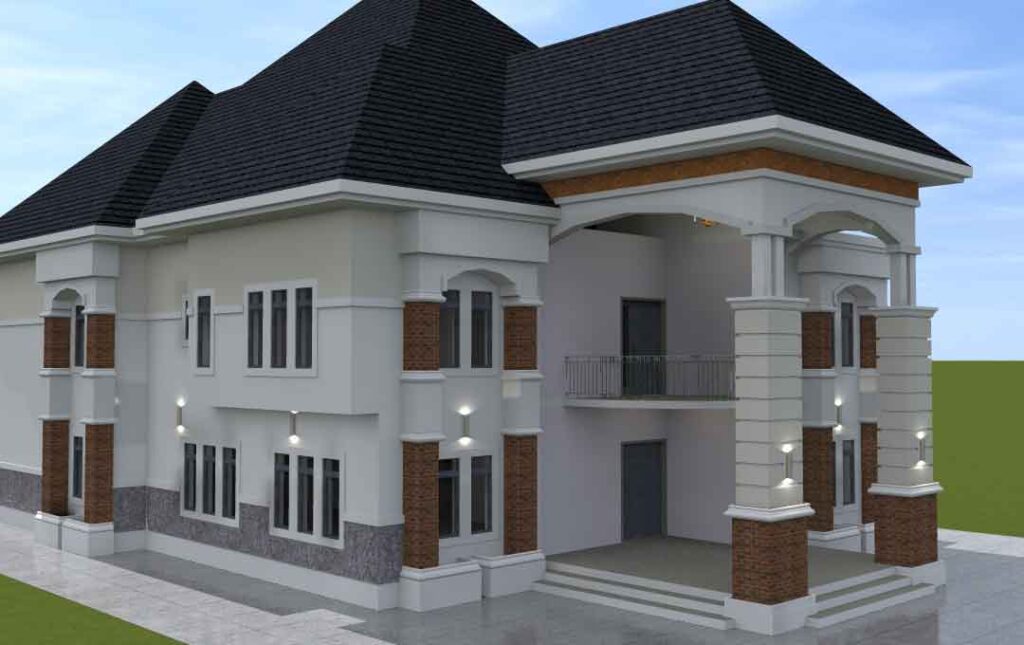
Duplex house
5. Apartments/Flats
Apartments, also known as flats, are multi-unit buildings that contain individual living spaces for multiple households. Apartments can vary in size from studio units to large penthouses and are commonly found in urban areas, offering convenience and access to amenities such as security, parking, and recreational facilities.
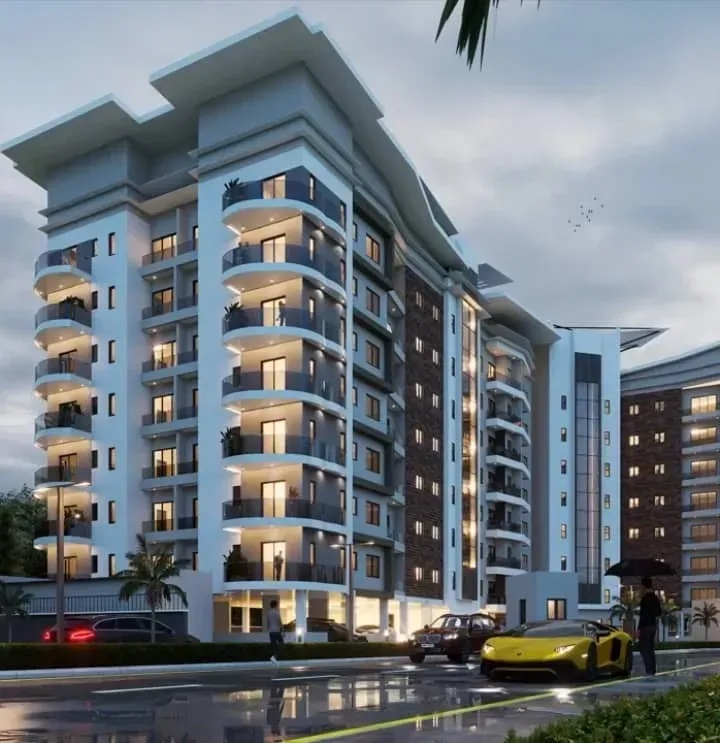
Flats and Apartments
6. Bungalows
Bungalows are single-story houses that are popular for their simplicity and accessibility, particularly for elderly individuals or those with mobility issues. Bungalows in Nigeria can range from compact designs to spacious layouts, often featuring open floor plans and outdoor living spaces.
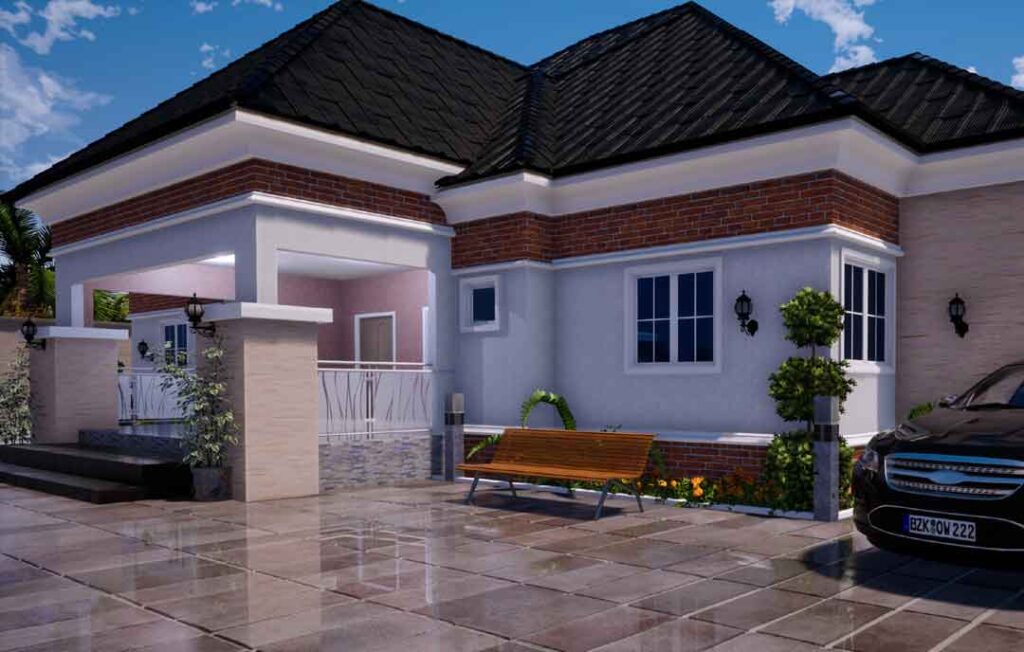
Bungalow
7. Estates
Estate properties are often gated communities or developments that offer a range of housing options, including detached houses, semi-detached houses, townhouses, and apartments. Estate living typically includes shared amenities such as parks, playgrounds, swimming pools, and security services, making it an attractive option for families and individuals seeking a sense of community and safety.
8. Luxury Villas
Luxury villas are upscale properties that offer high-end amenities, luxurious finishes, and expansive living spaces. These properties often feature amenities such as private swimming pools, landscaped gardens, home theaters, and state-of-the-art security systems. Luxury villas are commonly found in exclusive neighborhoods and are designed to cater to discerning buyers seeking premium living experiences.
9. Mini-Flats
Mini-flats are compact apartments that typically consist of a single room with a combined living and sleeping area, along with a separate kitchen and bathroom. Poularly known as self contained apartments, mini-flats are popular among young professionals, students, and individuals looking for affordable housing options in urban areas.
10. Mansions
Mansions are large, luxurious houses typically owned by affluent individuals or families. They often feature extensive grounds, multiple bedrooms and bathrooms, upscale amenities such as swimming pools and home theaters, and elaborate architectural details. Mansions are more common in upscale neighborhoods and gated communities.
These are some of the common types of houses available for sale in Nigeria, catering to a wide range of preferences, budgets, and lifestyle needs. The choice of housing type depends on factors such as location, budget, space requirements, and desired amenities.
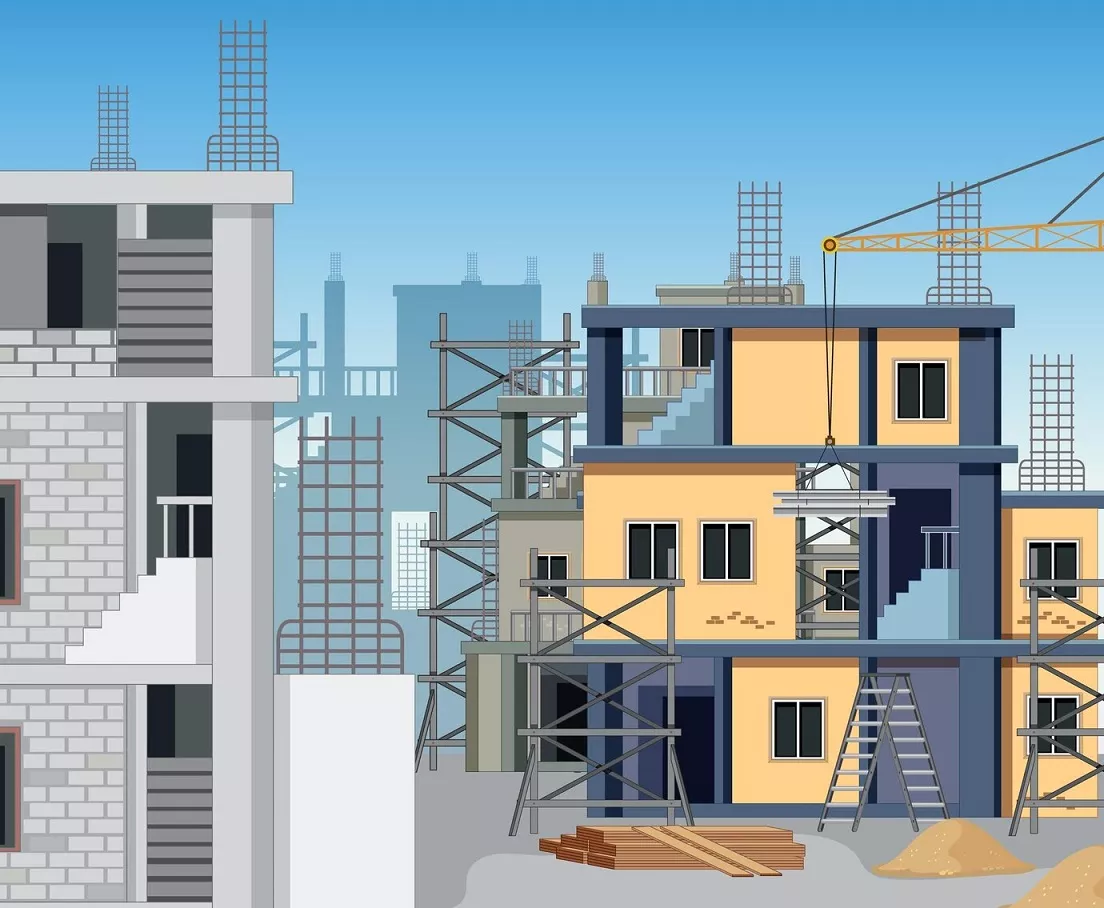
Be First to Comment